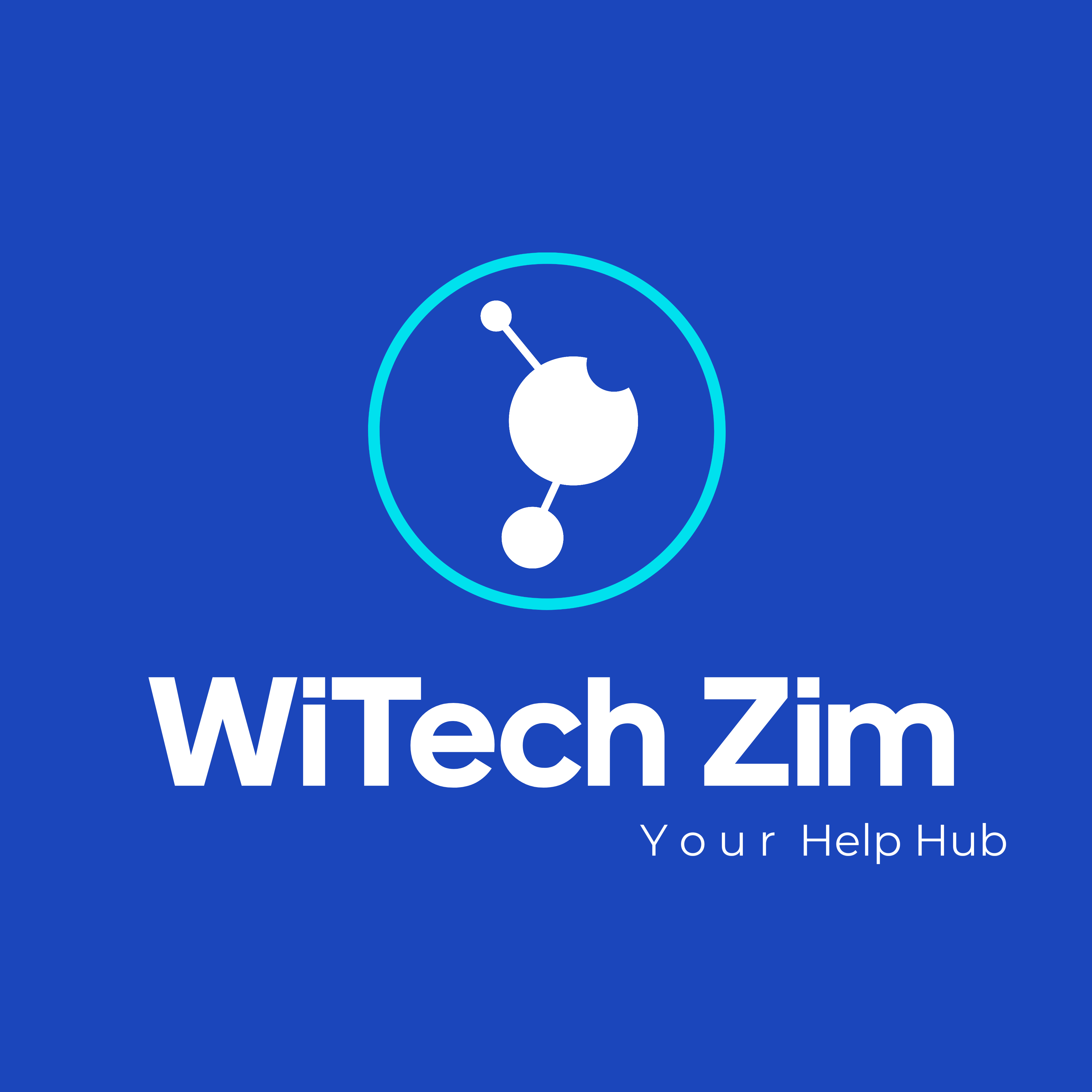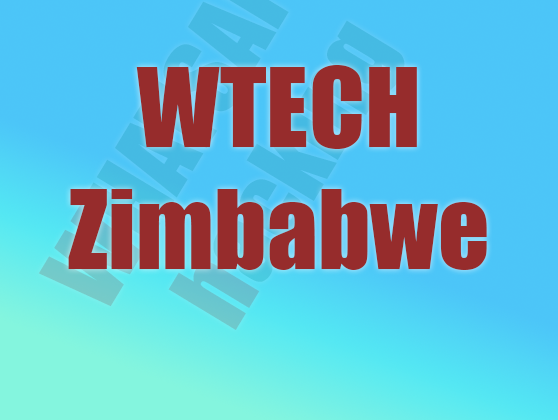How to Monetize on WiTech Zimbabwe

How to Monetize WiTech Zimbabwe
1. Building a Sustainable Vision
To ensure WiTech Zimbabwe continues empowering women and youth in technology, it’s essential to build a sustainable model that blends social impact with financial growth. Monetization doesn’t mean losing the organization’s mission — it means creating revenue streams that support its long-term goals and allow it to reach more beneficiaries effectively.
2. Membership and Subscription Plans
WiTech Zimbabwe can introduce membership tiers for individuals and organizations. Members could enjoy exclusive benefits such as access to premium workshops, mentorship sessions, early event registration, and curated tech resources. Subscription fees can be structured to be affordable yet valuable, ensuring inclusivity while maintaining sustainability.
3. Corporate Partnerships and Sponsorships
Partnerships with tech companies, universities, and NGOs can serve as a strong revenue stream. Corporates often seek platforms that align with their Corporate Social Responsibility (CSR) goals — especially those promoting gender equity and digital inclusion. WiTech Zimbabwe can offer sponsorship packages for events, innovation challenges, and capacity-building programs.
4. Training and Certification Programs
One of the most powerful monetization avenues is offering specialized tech training and certification. WiTech Zimbabwe can create short courses in coding, data analysis, cybersecurity, and entrepreneurship. By collaborating with industry experts or accredited institutions, these programs can attract both local and international participants who pay for skill-based training.
5. Events, Hackathons, and Tech Summits
WiTech Zimbabwe can host annual or quarterly tech events that attract sponsorship, ticket sales, and media coverage. These gatherings can become flagship platforms showcasing innovation among women and youth. Monetization can come from ticket revenue, exhibitor booths, and branded partnerships with tech startups or established firms.
6. Grants and Impact Investment
While not a direct monetization method, securing local and international grants can strengthen WiTech Zimbabwe’s financial base. Many organizations fund initiatives promoting gender equality in STEM. In addition, impact investors who believe in social entrepreneurship can provide capital to scale programs with measurable community benefits.
7. Digital Content and E-Learning
Creating and monetizing online learning content can open a new revenue stream. WiTech Zimbabwe could launch an e-learning platform or YouTube channel offering tutorials, webinars, and mentorship talks. With time, these digital assets can attract advertising, sponsorships, and paid subscriptions from learners around the world.
8. Consultancy and Research Services
WiTech Zimbabwe’s expertise in women’s participation in technology can be turned into consultancy services for NGOs, schools, and companies seeking to build inclusive digital programs. The organization can also conduct tech research and publish reports, which can be funded by development partners or sold to interested institutions.
9. Merchandise and Branding
Branded merchandise — such as T-shirts, tote bags, notebooks, and tech gadgets — can serve both as a marketing tool and a revenue generator. By leveraging its community of tech enthusiasts, WiTech Zimbabwe can sell merchandise during events or online, creating both identity and income.
10. Alumni and Donor Support Network
Finally, WiTech Zimbabwe can cultivate an alumni and donor community that contributes annually to sustain the organization’s initiatives. Former participants and partners often wish to give back to programs that shaped their journey. Establishing a “WiTech Impact Fund” could formalize these contributions and fund scholarships, innovation grants, and infrastructure development.
---
a call-to-action for www.witechzim.org?






